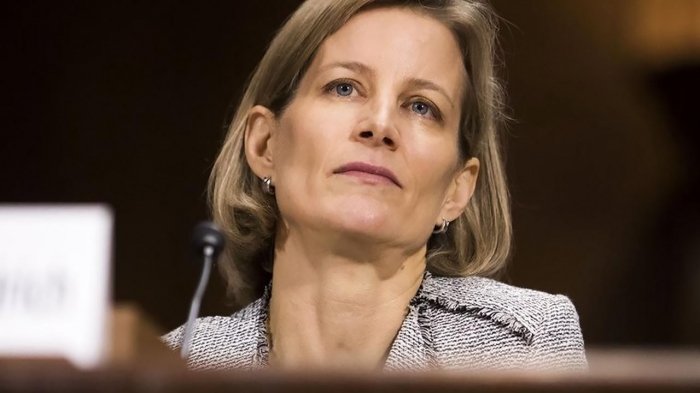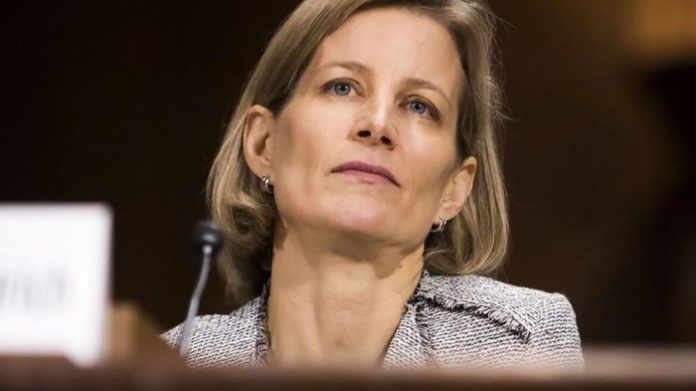
U
.S. District Judge Dabney Friedrich chastised lawyers for the government on Friday for failing to be prepared to answer questions on whether the deal giving the Seminole Tribe of Florida control over sports betting violates federal law.
Friedrich has now given the U.S. Department of Justice until Tuesday to explain whether a sports-betting provision in the deal between the tribe and Florida is in keeping with the Indian Gaming Regulatory Act (IGRA), reports CBS Miami.
The judge engaged in an extended dispute with Rebecca Ross, a lawyer with the Justice Department’s Indian Resources Section, on the government’s unwillingness to take a position on the main issue raised in a lawsuit by two pari-mutuel operators that oppose the deal. Friedrich said it appeared the government’s litigation strategy was “to delay” the court from ruling.
Under the 30-year deal the Seminoles signed with the state, the tribe agreed to pay Florida at least $2.5 billion over the first five years in exchange for control over sports betting and extended offerings at its land-based properties, including craps and roulette.
The deal sets a “hub-and-spoke” plan in which state gamblers can place bets online, which are run through computer servers on tribal property. However, owners of Magic City Casino in Miami-Dade County and Bonita Springs Poker Room in Southwest Florida filed a lawsuit arguing federal law does not authorize bets off tribal lands, as well as alleging the tribe’s arrangement will severely hurt their business, leading to a “potentially devastating impact.”
Lawyers for U.S. Department of Interior Secretary Deb Haaland, who oversees the federal Bureau of Indian Affairs, argued the case should be dismissed because the plaintiffs lack “standing” to challenge Haaland’s actions.
Lawyer Rebecca Ross further told Friedrich that the court “should not proceed to reach the merits of any claims,” and that the government wasn’t prepared to go beyond the issue of standing, which drew a rebuke from the judge.
Friedrich repeatedly asked Ross whether the government believed that online betting taking place outside of tribal casinos was occurring on tribal lands, to which the lawyer said: “We don’t have an answer to that question for you today,” according to The News Service of Florida.
Attorney Hamish Hume, who represents the plaintiffs, argued that the federal law is focused on gaming on Indian lands, and that IGRA couldn’t be used to create “some sort of loophole” to offer games off tribal lands.
The judge also appeared skeptical of the government’s arguments that the plaintiffs lacked standing to challenge the compact, while Ross said the pari-mutuel operators couldn’t show that their customers would spend money elsewhere once sports betting became available.
The hearing also included arguments in a second lawsuit, filed by two prominent South Florida businessmen, along with the group No Casinos. The parties allege the compact adversely impacts plaintiffs’ properties and neighborhoods by increasing traffic, congestion, criminal activity, and more.
Friday’s hearing came just four days after the Seminoles launched online sports betting statewide. Sports wagering was launched through the Hard Rock Sportsbook app with no fanfare, amid the legal disputes and an effort to get sports betting on the 2022 ballot, backed by DraftKings and FanDuel.
Original article: https://www.yogonet.com/international//noticias/2021/11/09/60117-florida-judge-criticizes-federal-govt-lawyers-strategy-in-sports-betting-compact-suit














